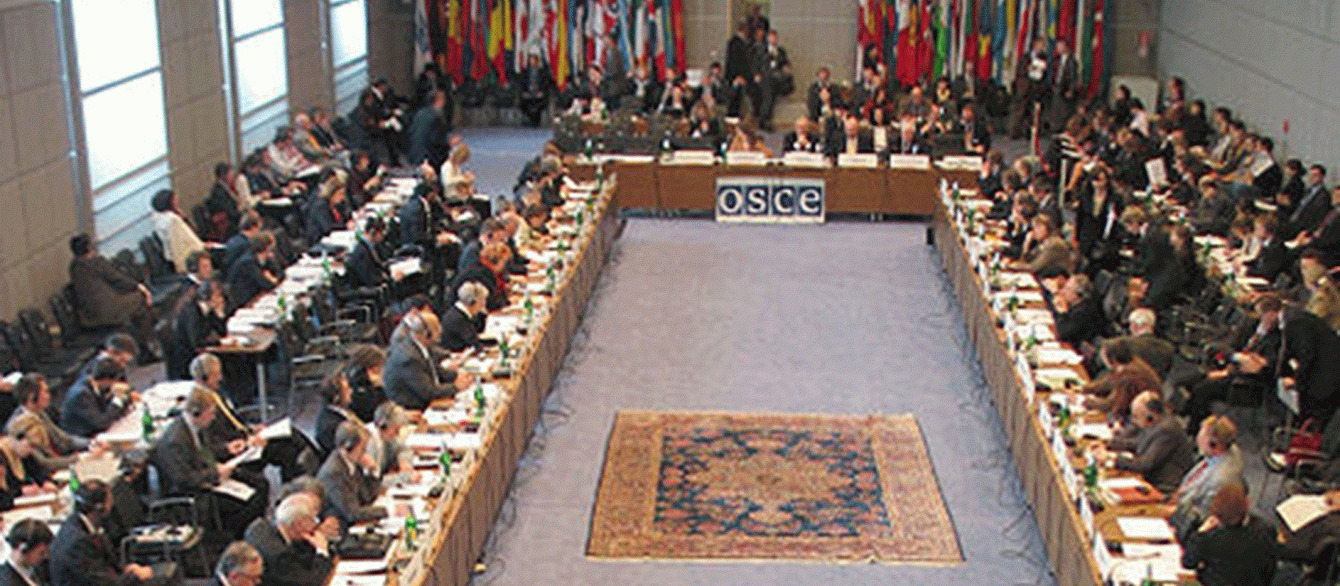Over the past three decades, the five Central Asian states have been anchored in the European security architecture through their membership in the Organization for Security and Cooperation in Europe (OSCE). They have benefited from the OSCE engagement and assistance in the three dimensions that constitute the organization’s comprehensive security concept: politico-military, economic and environmental, and human. Russia’s war against Ukraine dealt a major blow to European security, and the organization was established as a bridge between the West and the East with the Helsinki Final Act of 1975. Today, the Central Asian states also find themselves at the sharp end of the growing geopolitical rivalry between east and west. The report by the OSCE Network of Think Tanks and Academic Institutions on “The OSCE and Central Asia. Options for Engagement in the Context of Crisis in Afghanistan and the War in Ukraine” outlines challenges and suggests options for OSCE cooperation with Central Asian participating States. The event will gather the principal co-author of the report and experts on OSCE and Eurasian security to reflect on the value of this engagement and the best ways forward.
Accessibility
The Davis Center for Russian and Eurasian Studies at Harvard University encourages persons with disabilities to participate in its programs and activities. If you anticipate needing any type of accommodation or have questions about the physical access provided, please contact us at 617-495-4037 or daviscenter@fas.harvard.edu in advance of your participation or visit. Requests for Sign Language interpreters and/or CART providers should be made at least two weeks in advance if possible. Please note that the Davis Center will make every effort to secure services but that services are subject to availability.




